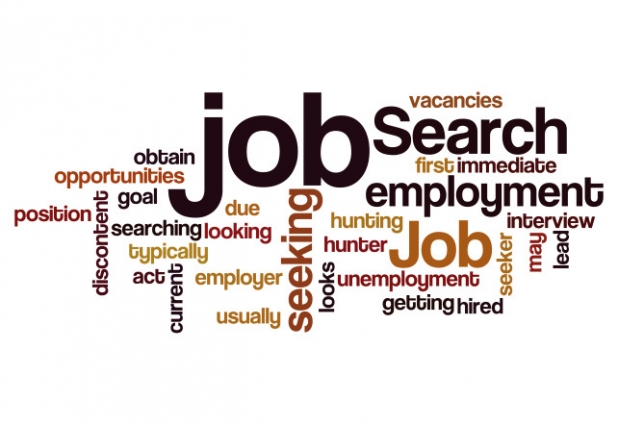Why January is one of the best months for job hunting!

During the Christmas period it can be a struggle to search for a new job, but once that’s over it is a brand-new year, and some say it is the perfect opportunity to find a new career. January has been classed as the hunting season when it comes to finding a new job. So, if you are one of those people that has ‘find a new job’ on their New year’s resolution list then listed below are some reasons why January is the perfect month to job hunt and what you can do to prepare yourself.
Why is it the best month?
Employers are looking for new employees
In the New Year employers are feeling motivational and are eager to see what talent they can employ. They have a clearer mindset at this time of the year as they are less likely to be tied down to deadlines and projects. As January is the month for job hunting, there is a lot more competition for employers to choose from. Having a greater talent pool will enable employers to choose carefully resulting in a greater chance of your CV needing to impress them.
New budgets
The first few months of the year are normally the best times to apply for new jobs. Many job deadlines close at the end of January, so it allows for candidates plenty of time to apply within the New Year. Employers are also given a new budget at the start of every year, so this gives candidates a better chance at finding a new job and being hired. The salary is the main factor a candidate will look at when applying for a new job, so linking this with a company’s new budgets may mean the company will have more money to give to candidates.
What you can do to prepare yourself
Update your CV
When applying for new job in January it is essential that you keep your CV updated to keep track of your most recent skills and progression. Your CV is the first thing an employer will look at and it is your chance to stand out from the crowd, therefore making it a crucial factor when you are trying to start a new career. The key areas of your CV that you will need to keep updated are:
- Your skills (technical and soft)
- Employment history
- Work experience
- Qualifications
Once you have updated your CV it is important for you to understand exactly what job you are looking for. Applying for jobs you are marginally interested in will not benefit you in the future as this will impact your engagement, performance and success. Instead of applying for any job, try and find roles that you are passionate about and perhaps create a list that aligns with your personality, skills and interests. From this you are able to understand what companies you want to apply for and why.
Practice interview answers
For some it may have been a while since you have been interviewed and therefore it will be beneficial to practice some generic interview questions. If you have been invited for an interview, do not wait until the night before to go through potential interview questions, you should start preparing as soon as you can. The majority of employers will always start with questions about yourself such as ‘Tell me about yourself’ or ‘What do you do in your spare time’. Following this they may ask you some competency questions which are based on your previous experience and certain situations you may have found yourself in. Competency based interview questions are a good way of an employer finding out how you would handle certain situations if they were ever to arise, and this can say a lot about you. It is also a good idea to know what you are looking for from the jobs you have applied for. This way if you are asked during the interview process, you can answer in a matter of seconds.
Some companies will have a long interview process which can last a few months, whereas other companies may invite you in for an interview within the next week. Therefore, you should always be prepared and have an interview outfit ready, so you feel well equipped for when the day comes.
Update your social presence
Although your CV and cover letter will be the first documents an employer will look at, it is also beneficial to keep your social channels up to date. Recruiters may look at your LinkedIn for example to see if your experience matches up with your experience on your CV. More employers are using LinkedIn and may want to view your profile before calling you. You should ensure that you have a professional photo on your profile, your work experience is up to date and you have the relevant skills listed as this can be a decider for some employers.
